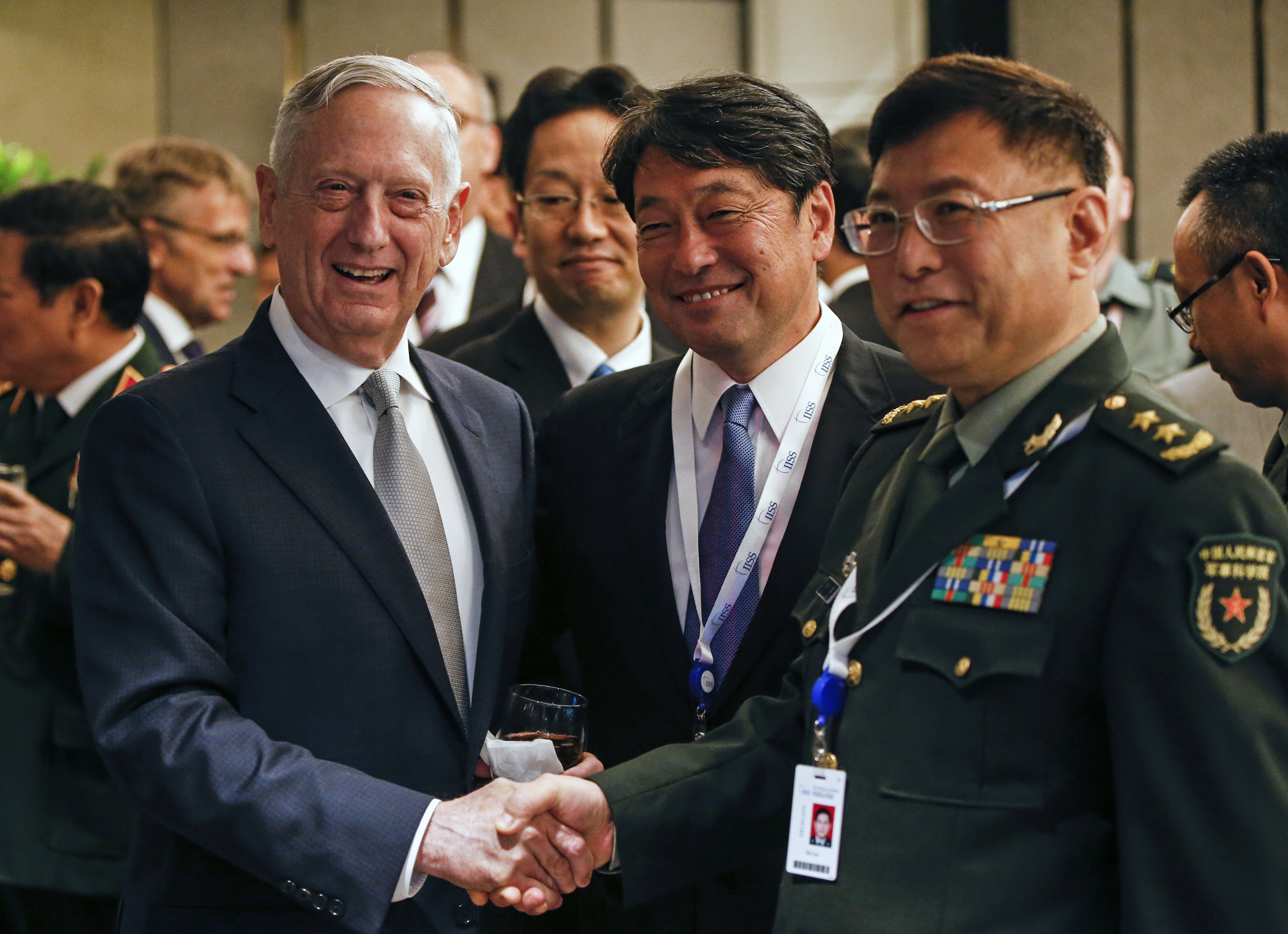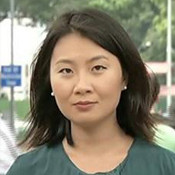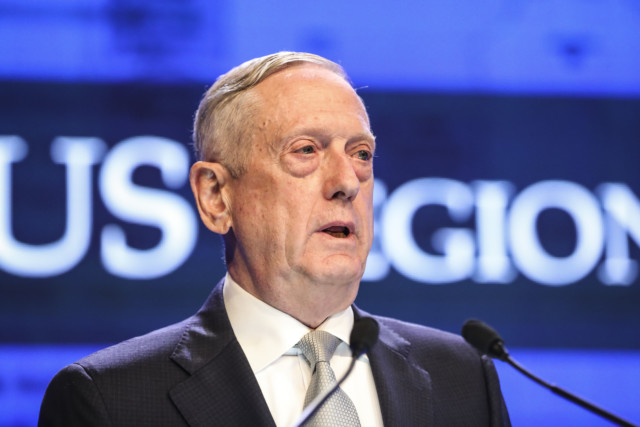Just hours after the U.S. President Donald Trump announced that the highly-anticipated meeting with the DPKR leader Kim Jong Un in Singapore is back on track, U.S. Secretary of Defense James Mattis told a room that withdrawing or reducing military presence in the Korean Peninsula is not currently an option.
CGTN’s Miro Lu reports.
“Any discussion about the number of the U.S. troops in the ROK is subject to the invitation to have them there and the discussion between the U.S. and ROK, separate from the issue with DPRK,” Mattis said. “That issue will not come up in the discussion with the DPRK. Those troops are there is a reflection of the security issues there.”
The U.S. military presence in the region is not limited to the Korean Peninsula. The U.S. also issued a stern statement criticizing what they deem as the militarization of the hotly disputed islands in the South China Sea.
“China’s militarization of artificial features in the South China Sea includes the deployment of anti-ship missiles, surface-to-air missiles, electronic jammers and more recently, the landing of bomber aircraft at woody island despite China’s claims to the contrary, the placement of these weapon systems is tied directly to military use for the purposes of intimidation and coercion,” Mattis said.
Responding to Mattis’ hardline talks, the Chinese delegates lashed out at the “irresponsible comments”.

From left, U.S. Defense Secretary Jim Mattis, Japan’s Defense Minister Itsunori Onodera and China’s People’s Liberation Army’s Academy of Military Science Deputy President He Lei pose for photos at a ministerial roundtable on the sidelines of the 17th International Institute for Strategic Studies (IISS) Shangri-la Dialogue, an annual defense and security forum in Asia, in Singapore, Saturday, June 2, 2018, in Singapore. (AP Photo/Yong Teck Lim)
“The garrison and deployment of weapons in the reefs and islands in the South China Sea is within the scope of China’s sovereignty,” said He Lei, Vice President of the Chinese Academy of Military Sciences.”It is allowed by international law. Irresponsible talks by any other country are interference in China’s internal affairs.”
Chinese foreign spokesperson responded to the U.S. accusation by saying the U.S. is like a robber playing a cop. The U.S. military presence in the South China Sea is greater than that of China’s and that of other countries that surround the seas combined.
Christopher Yung talks highlights from this year’s Shangri-La Dialogue
 CGTN America
CGTN America
 U.S. Defense Secretary Jim Mattis delivers his speech during the first plenary session of the 17th International Institute for Strategic Studies (IISS) Shangri-la Dialogue, an annual defense and security forum in Asia, in Singapore, Saturday, June 2, 2018, in Singapore. (AP Photo/Yong Teck Lim)
U.S. Defense Secretary Jim Mattis delivers his speech during the first plenary session of the 17th International Institute for Strategic Studies (IISS) Shangri-la Dialogue, an annual defense and security forum in Asia, in Singapore, Saturday, June 2, 2018, in Singapore. (AP Photo/Yong Teck Lim)
